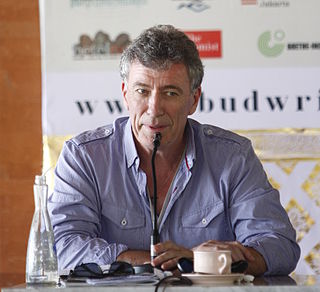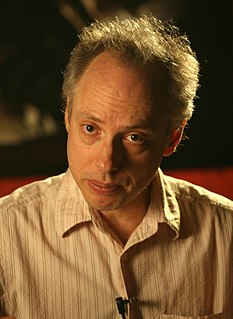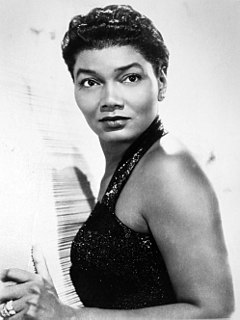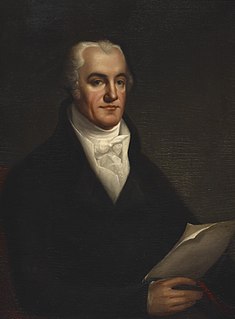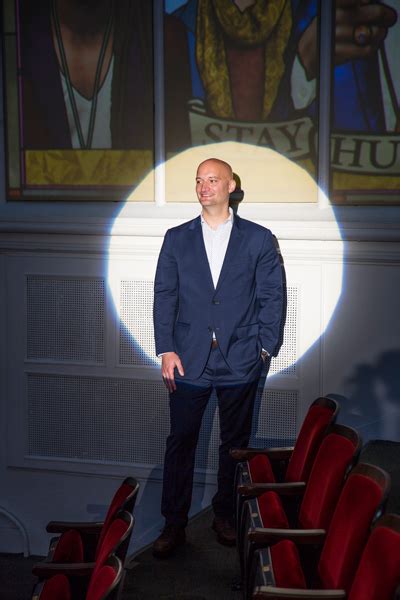A Quote by Colin Falconer
Related Quotes
An open mind, in questions that are not ultimate, is useful. But an open mind about the ultimate foundations either of Theoretical or of Practical Reason is idiocy. If a man's mind is open on these things, let his mouth at least be shut. He can say nothing to the purpose. Outside the Tao there is no ground for criticizing either the Tao or anything else.
Man has risen, not fallen. He can choose to develop his capacities as the highest animal and to try to rise still farther, or he can choose otherwise. The choice is his responsibility, and his alone. There is no automatism that will carry him upward without choice or effort and there is no trend solely in the right direction. Evolution has no purpose; man must supply this for himself. The means to gaining right ends involve both organic evolution and human evolution, but human choice as to what are the right ends must be based on human evolution.
The idea of beauty which man creates for himself imprints itself on his whole attire, crumples or stiffens his dress, rounds off or squares his gesture, and in the long run even ends by subtly penetrating the very features of his face. Man ends by looking like his ideal self. These engravings can be translated either into beauty or ugliness; in one direction, they become caricatures, in the other, antique statues.
It is the political task of the social scientist — as of any liberal educator — continually to translate personal troubles into public issues, and public issues into the terms of their human meaning for a variety of individuals. It is his task to display in his work — and, as an educator, in his life as well — this kind of sociological imagination. And it is his purpose to cultivate such habits of mind among the men and women who are publicly exposed to him. To secure these ends is to secure reason and individuality, and to make these the predominant values of a democratic society.
It is a fair adornment of a man and a great convenience both to himself and to all those with whom he converses and deals, to act uprightly, uniformly, and consistently. The practice of piety frees a man from interior distraction and from irresolution in his mind, from duplicity or inconstancy in his character, and from confusion in his proceedings, and consequently securing for others freedom from deception and disappointment in their transactions with him.
